Belgium, (Brussels Morning Newspaper) Iran blamed the EU and the US for the nuclear deal deadlock, with Iranian President Ebrahim Raisi stressing that Tehran’s demands have not been met.
Speaking at a press conference on Thursday, Raisi reminded that Iran wants guarantees that the US would not withdraw from the deal, according to Reuters reporting.
He added that Tehran wants inspectors of the International Atomic Energy Agency (IAEA) to close investigations into Iran’s nuclear programme.
The US rejected Iran’s demands as “unreasonable,” while French President Emmanuel Macron stated on Thursday after a meeting with Raisi that “the ball on reaching a nuclear deal with Iran is now in Tehran’s camp.”
On the other hand, Raisi asked “how can we have a lasting agreement if these probes are not closed” and added “we can have a good deal if Americans and Europeans fulfil their commitments.”
He reiterated that Tehran wants to revive the nuclear agreement if the US provides guarantees it will not withdraw from the deal again.
Lack of transparency
Besides guarantees, Iran wants UN’s nuclear watchdog IAEA to stop its investigations into unexplained traces of uranium that were found at three undeclared Iranian sites.
A senior US Department of State official rejected the possibility of pressuring the IAEA to drop its investigations unless Tehran explains the traces.
“In a nutshell, we’ve hit a wall because of Iran’s position and I think their position is so unreasonable in terms of what they’re asking for with regards to the IAEA probe into the unexplained presence of traces of uranium particles,” the official noted.
He stressed that the US respects IAEA’s independence and integrity.
IAEA’s investigations into traces of uranium are critical to its mission as the agency wants to ensure that signatories of the Non-Proliferation Treaty are not secretly setting aside nuclear material that could be used to build a weapon.
Tehran rejects accusations that it has such ambitions.
The Joint Comprehensive Plan of Action (JCPOA) signed in 2015 limited Iran’s nuclear programme to make it more difficult for the country to build a nuclear bomb, in exchange for lifting of international sanctions against the country.
The US withdrew from the agreement in 2018, with then President Donald Trump stressing that the deal did too little to curb Tehran’s regional influence and ballistic missile and nuclear programmes, and reimposed US sanctions.
Tehran responded by stepping up its nuclear efforts.











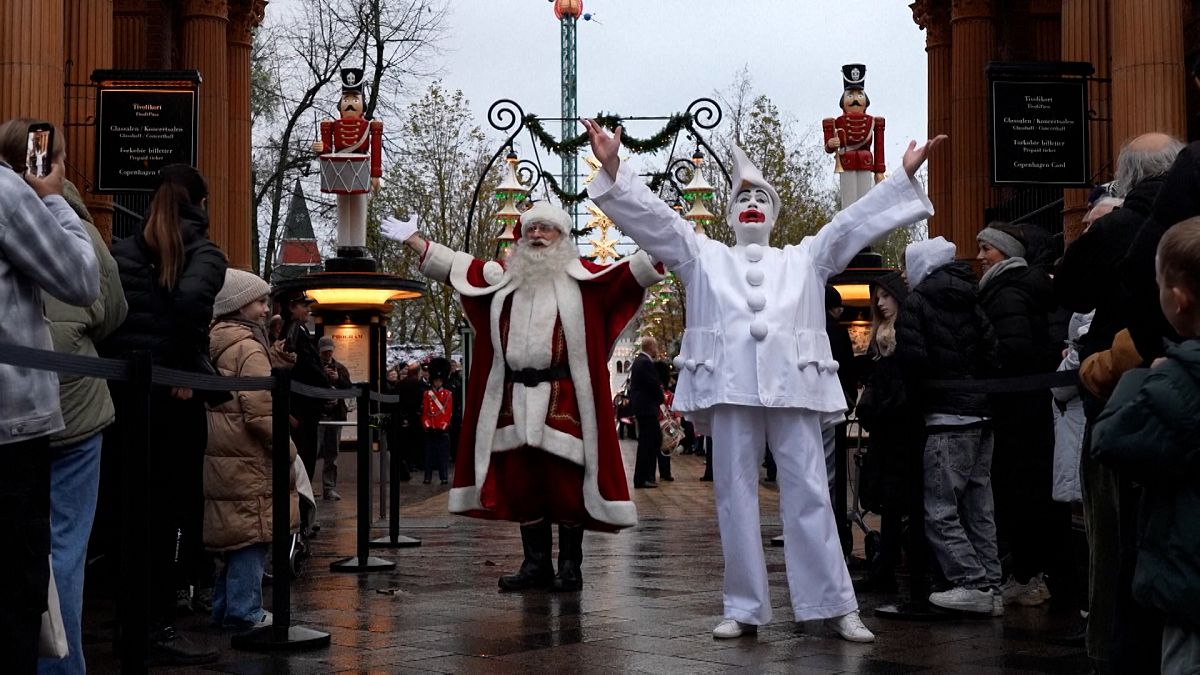
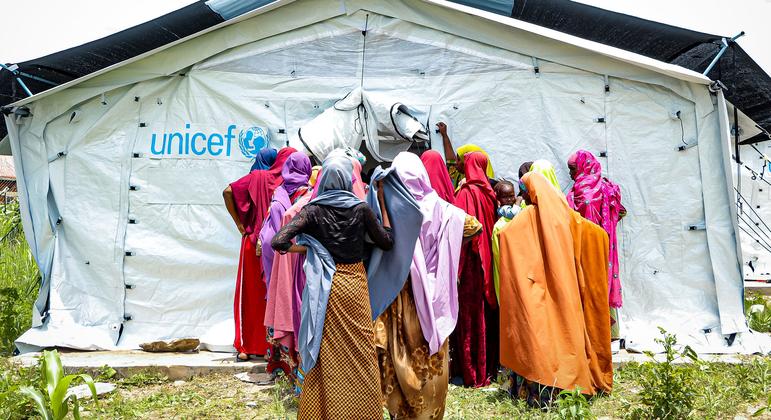
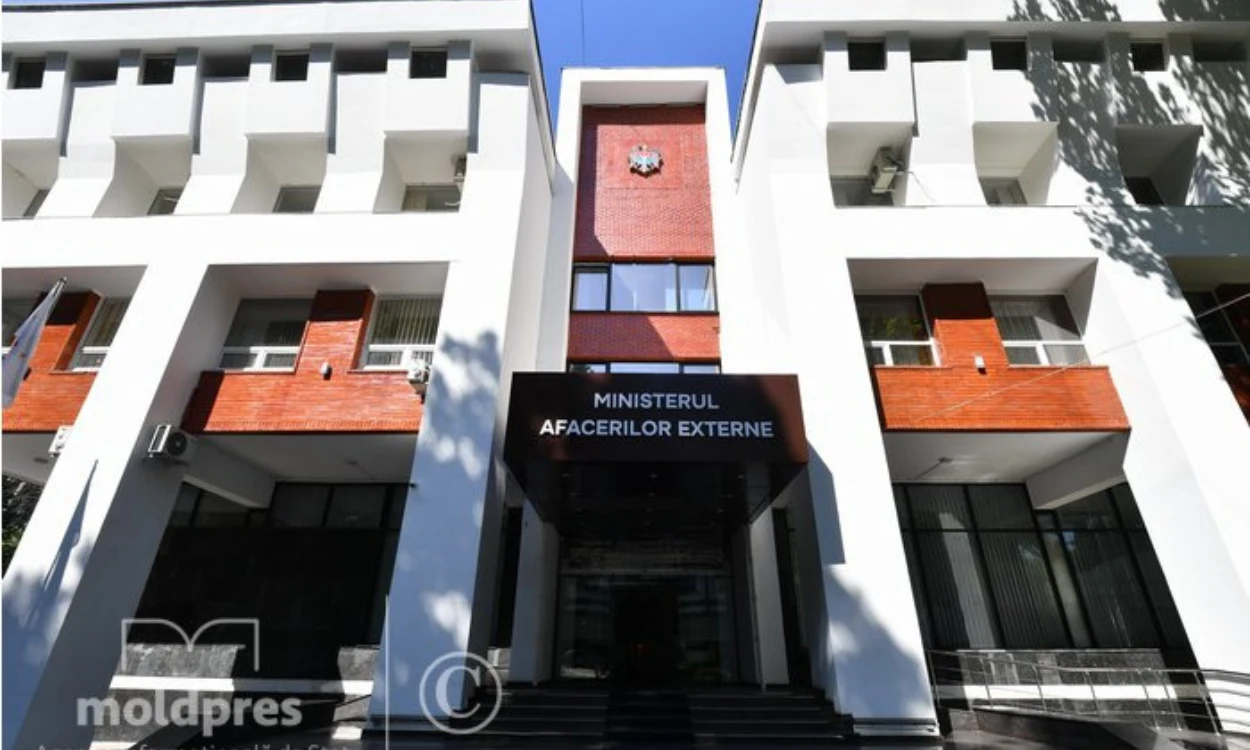
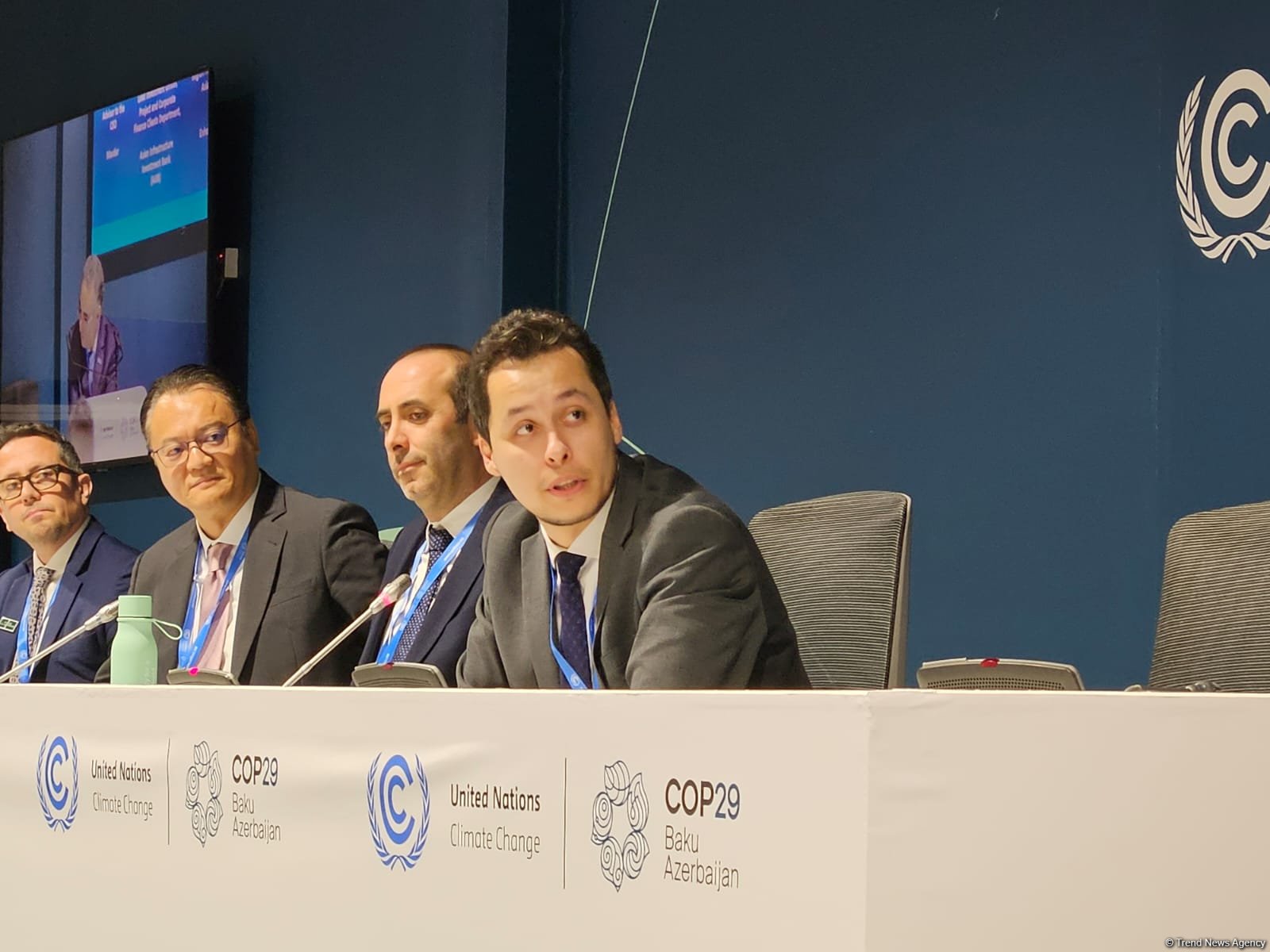


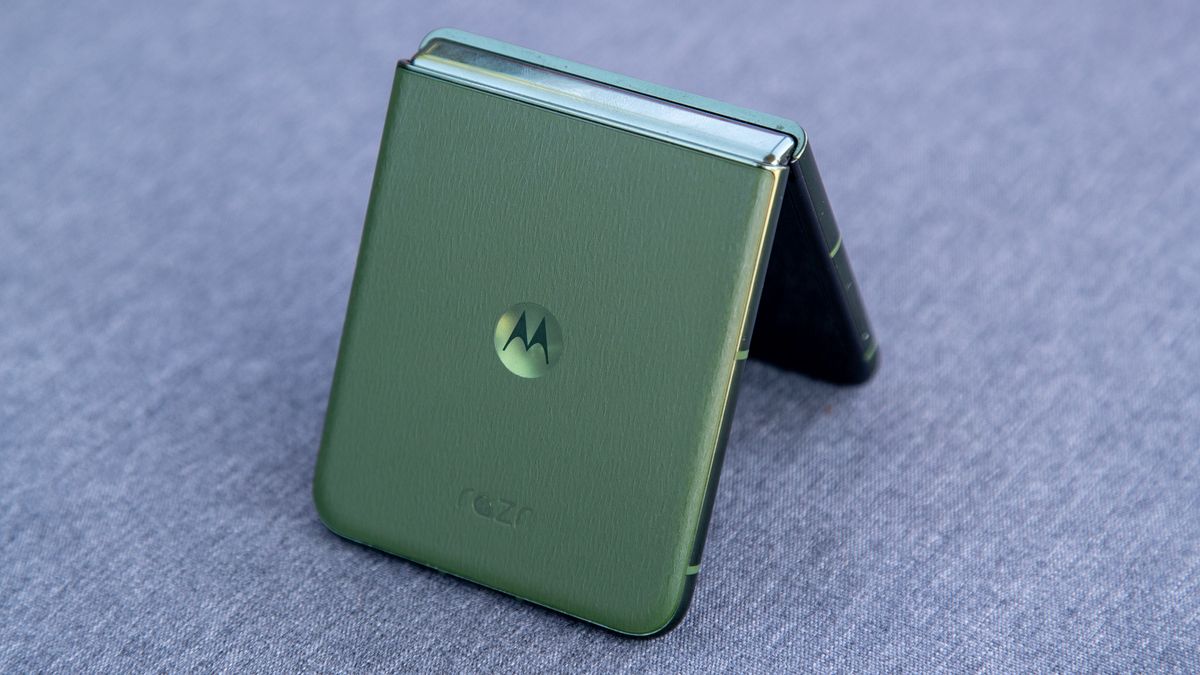



Discussion about this post